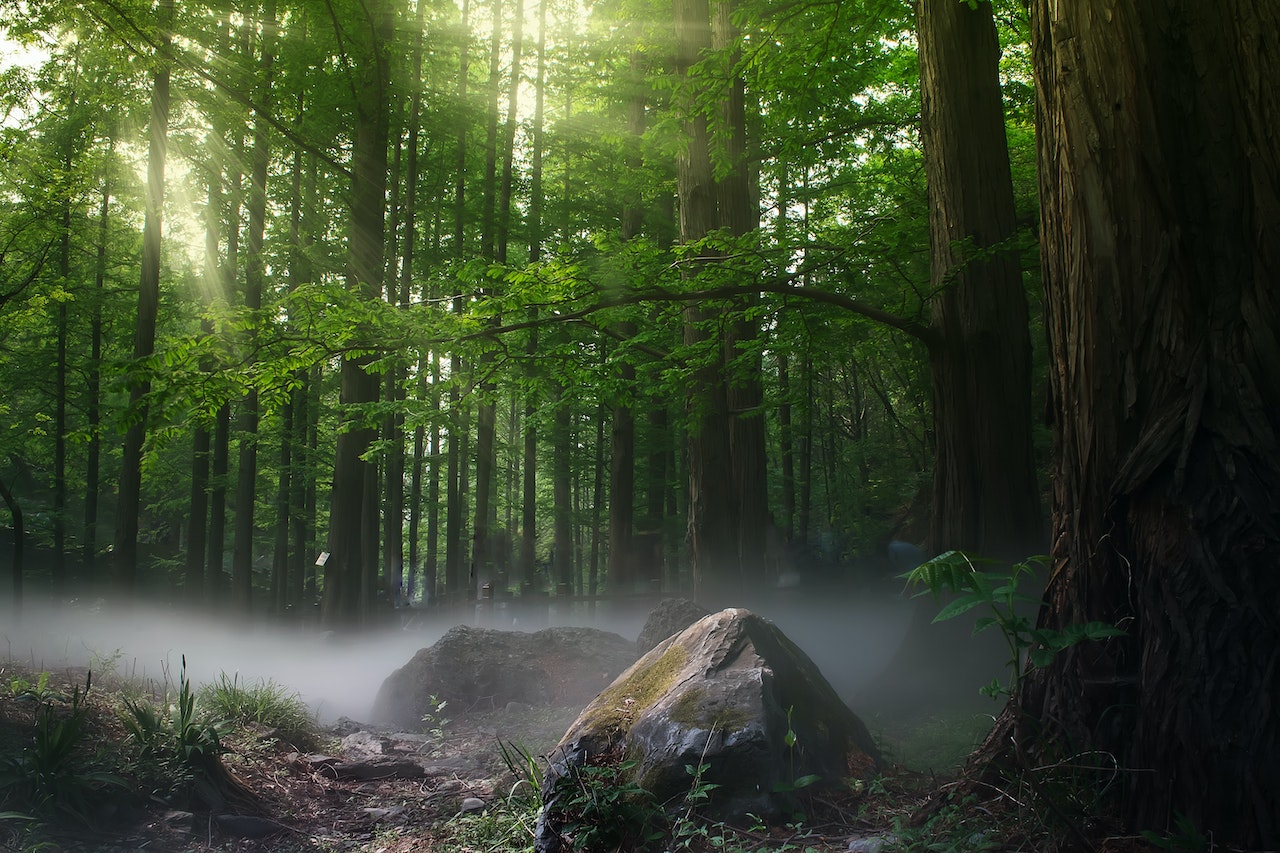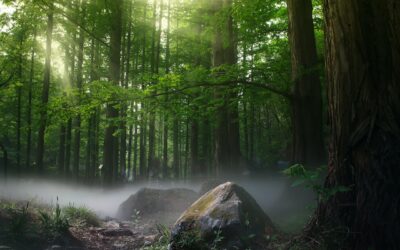This post was originally published on Healthy Forest
A few years ago, a group of scientists published a research paper that examined the role of agenda-driven science in conservation- including the chronic misinformation that is preventing our public land managers from improving the health and resiliency of our federal forests.
The paper found that anti-forestry activists mixed science and litigation without disclosing potential conflicts of interest, “pressuring scientists and graduate students with different research findings to retract their papers,” and “selectively using data that support their agendas.”
One of the paper’s authors told the Sacramento Bee:
“I and my colleagues are getting really tired of the type of activism that pretends to be science and in fact is just self-serving garbage. If a lot of these environmental groups continue to stand by these antiquated and really counterproductive viewpoints, all we’re going to see is more catastrophic wildfire that destroys the very forests that they pretend to love.”
Last year, scientists published another paper discrediting, and “prebunking” several common anti-forestry talking points. The paper illustrates how misinformation becomes embedded in scientific literature, and how that misinformation is used in legal proceedings to halt forest management projects:
“The scientific literature is not immune to misinformation (West and Bergstrom 2021), which creates a quagmire when used in litigation. Wildfire misinformation in the courts can slow or halt efforts to implement management actions, such as restoring ecologically appropriate fire activity, even when they are based on robust scientific frameworks. Creating perceptions of uncertain wildfire science imitates a misinformation tactic employed by climate-change deniers and tobacco-industry proponents, helping “false experts” sow uncertainty (Cook 2020; Lewandowsky and van der Linden 2021).”
Activists commonly manufacture uncertainty, controversy and conflict over forest management because it attracts press coverage and donations. But it is also a very effective legal strategy, and now scientists are working to fight misinformation within the courtroom itself.
In 2022, several anti-forestry groups filed a lawsuit to preserve a 1990’s-era policy prohibiting the harvest of any trees larger than 21 inches in diameter at breast height on national forests in eastern Oregon. The U.S. Forest Service adopted a modest change to this policy that allows their land managers, in certain cases, to remove larger, less fire-tolerant trees in forest restoration and wildfire mitigation projects.
The groups allege the Forest Service violated the National Environmental Policy Act because thinning overstocked stands and restoring forests to historic conditions were “highly controversial” in the scientific community. Their lawsuit is based on studies by activists known to present their “findings” as peer-reviewed science.
This led Dr. James Johnston, a forestry professor at Oregon State University, to take the unusual step of filing an amicus curiae brief with the court, featuring a letter signed by 14 prominent forest ecologists, to make clear there was “no meaningful controversy” with respect to changes to forests over time, nor the effects of common restoration actions. In their letter, the ecologists write:
“Many of Plaintiffs’ arguments about scientific controversy appear to be a straw man designed to confuse salient issues rather than accurately characterize the state of the science. We believe that Plaintiffs’ arguments are designed to give the impression of scientific controversy where no meaningful controversy among scientists exists.”
The ecologists also attacked the integrity of the agenda-driven science that was presented to the court:
“The DellaSala/Baker report is full of mischaracterizations of other scientists’ research and contains no meaningful theoretical or empirical rebuttal of our findings or our colleagues’ findings. We believe the major point of the DellaSala/Baker report is simply to confuse the reader. Mischaracterizing other researchers’ work and then attacking that mischaracterization is in the nature of knocking down a straw man and does not demonstrate the existence of meaningful scientific controversy.”
The full amicus curiae, which includes extensive research can be found here, and it is worth reading. Not surprisingly, the anti-forestry groups are actively opposing Dr. Johnston’s legal motion to file his brief with the court in this pending litigation.
As anti-forestry groups become more aggressive and desperate to block responsible and restorative forest management activities, it is refreshing to see the scientific community push back on agenda-driven science.
Source: Healthy Forest





0 Comments